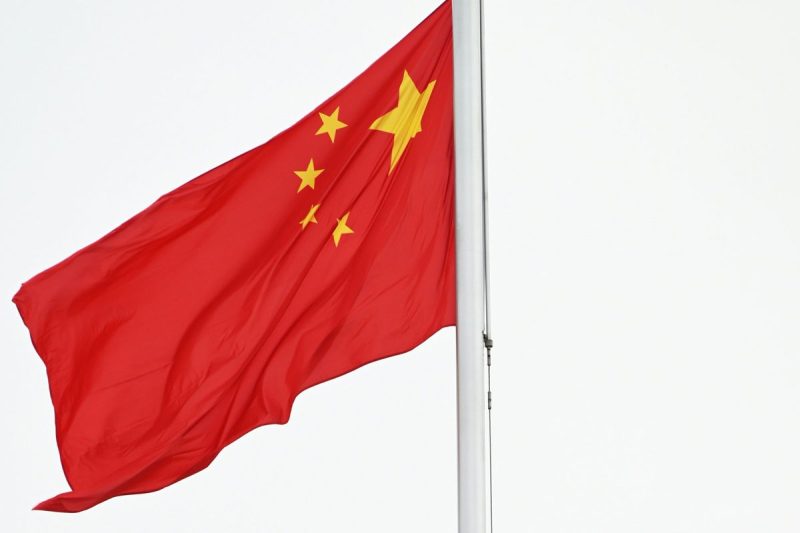China Tightens Grip on Strategic Minerals with New Antimony Export Controls
The recent announcement by China regarding new export controls on antimony has raised concerns among the global community, particularly among industries that heavily rely on this critical mineral. Antimony, a strategic mineral with various industrial applications, is widely used in the production of flame retardants, batteries, and semiconductors. China’s dominance in the antimony market has positioned the country as a major supplier, with significant implications for global supply chains and trade dynamics.
The new export controls introduced by China further solidify the country’s grip on the global antimony market. By imposing stricter regulations on the export of antimony, China aims to ensure a stable domestic supply of this essential mineral while potentially limiting its availability to foreign markets. This move has sparked concerns among industry stakeholders worldwide, as disruptions in the supply of antimony could have far-reaching consequences on various sectors, including electronics, defense, and automotive industries.
The strategic importance of antimony lies in its unique properties that make it indispensable for a wide range of applications. As a flame retardant, antimony is extensively used in the construction and automotive industries to enhance fire safety standards. Moreover, antimony compounds play a crucial role in the production of various electronic components, including diodes and infrared sensors. The scarcity of antimony could jeopardize the functioning of these critical industries, affecting global supply chains and economic stability.
China’s move to tighten its grip on antimony exports reflects its broader strategy to safeguard its access to essential resources and assert dominance in strategic sectors. With an increasing focus on self-sufficiency and reducing reliance on foreign imports, China is actively seeking to bolster its position as a key player in the global mineral markets. By controlling the export of antimony, China can leverage its market power to dictate terms and influence prices, potentially putting pressure on importing countries to comply with its policies.
The implications of China’s antimony export controls extend beyond economic considerations and have significant geopolitical ramifications. As China asserts its dominance in critical mineral supply chains, it strengthens its geopolitical influence and strategic leverage over other countries. The control of essential resources like antimony allows China to wield power in international trade negotiations and geopolitical disputes, shaping the global balance of power in its favor.
In response to China’s tightening grip on antimony exports, countries around the world are exploring alternative sources and diversifying their supply chains to mitigate the risks of dependence on a single supplier. Initiatives aimed at developing domestic sources of antimony and promoting recycling efforts have gained traction as countries seek to reduce their vulnerability to supply disruptions and geopolitical pressures. Collaborative efforts between industry stakeholders and policymakers are crucial in ensuring a sustainable and secure supply of critical minerals in the face of evolving geopolitical dynamics.
In conclusion, China’s new export controls on antimony underscore the country’s strategic priorities in securing essential resources and asserting control over critical mineral markets. The implications of these measures reach far beyond economic considerations, impacting global supply chains, trade dynamics, and geopolitical relations. In the face of China’s growing dominance in the antimony market, countries must adopt proactive strategies to safeguard their access to critical minerals and ensure a resilient supply chain ecosystem. Only through coordinated efforts and strategic partnerships can the global community address the challenges posed by China’s tightening grip on strategic minerals like antimony.
